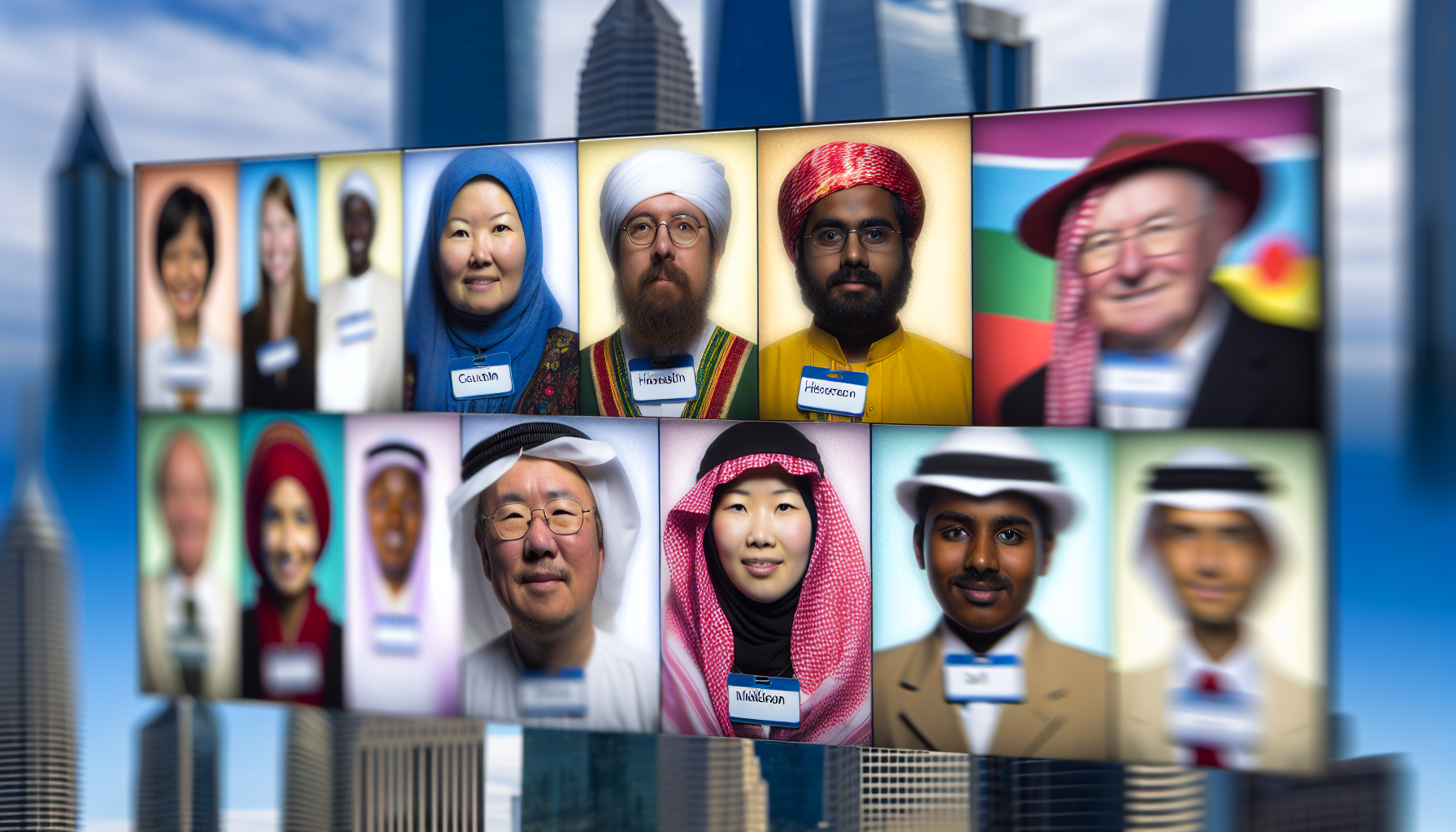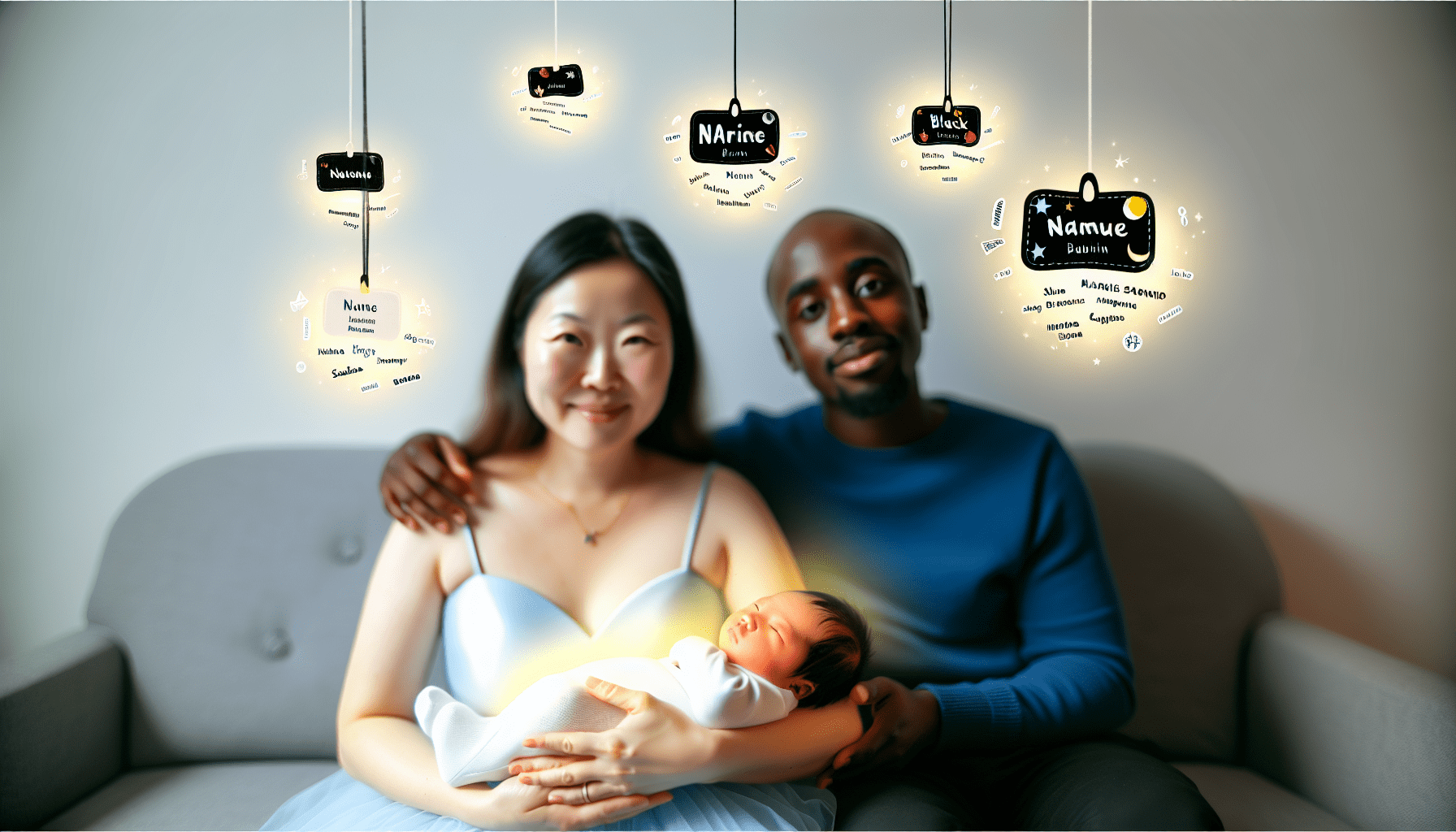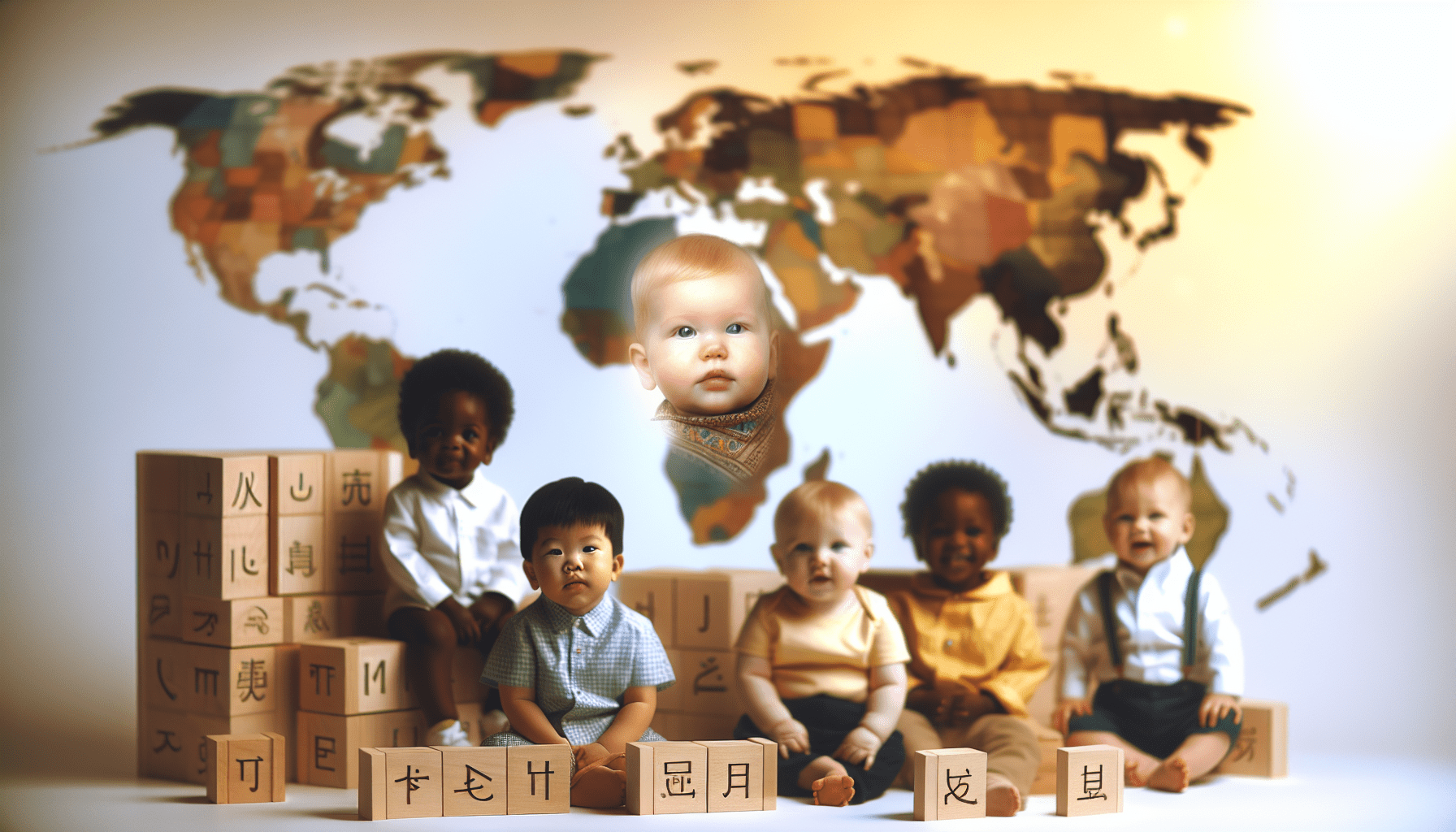
Unique names are now at the forefront of global naming trends in 2025, reflecting our diverse cultures and modern creativity. Discover how parents worldwide are choosing distinctive names, their historical roots, and the cultural significance that makes every name a story worth telling.
The Global Evolution of Naming Traditions
Throughout history, *names have carried deep anthropological weight*, signifying heritage, hopes, and cultural ideals. Medieval France once produced the rare choice Astrolabe, reflecting intellectual aspirations, while in Iceland, rigid patronymics evolved to embrace unique self-invented surnames as identity statements. In West Africa, day-names—like Ghana’s *Kwame* or *Afia*—signify both lineage and birth rhythms. With intensified globalization, distinctive names now traverse borders; Japan’s inventive kanji combinations and Nigeria’s rhythmic syllabic creations inspire new hybrid names worldwide, as observed by Oxford’s Global Names Database.
The Most Unique Names of 2025 and Their Stories
- Royal: Once a title, now a modern name, Royal reflects aspirations for dignity and prestige. Its surge in 2025 draws from both pop-culture and a global reverence for regality, signaling a trend towards virtue-inspired names.
- Hadleigh: Emerging from English roots, Hadleigh fuses traditional cadence with unique spelling, chosen for its aesthetic and sense of revised classicism, revealing parents’ desire to modernize heritage.
- Casper: With origins in Persian and Scandinavian, Casper resonates globally, granted fresh appeal by associations with mythic travelers and pop culture, reflecting a love for storied, yet gentle strength.
- Frankie: An androgynous twist on Frances or Franklin, this name embodies modern fluidity and friendliness, chosen by families seeking approachable charm blended with vintage energy.
- Zyla: Likely derived from Hebrew and Slavic roots, Zyla’s sharp energy and rarity are valued by parents seeking names with both melodic sound and an air of mystical individuality.
- Rosalyn: Invoking timeless elegance, Rosalyn stems from Latin, but its resurgence is shaped by a return to romantic, floral names, coupled with modern spelling choices.
- Tinsley: Of Old English origin, Tinsley combines locational tradition with celebrity usage, symbolizing new social mobility and unique femininity.
- Jaxx: A bold twist on Jax or Jack, Jaxx channels the era of alternate spelling, typified by sharp ‘x’ endings that signal strength, tech inspiration, and cultural reinvention.
- Alaric: Borrowed from ancient Germanic and Gothic rulers, Alaric’s resurgence is propelled by a surge in historical and fantasy fandom, underlining parents’ search for substance and drama.
- Aisling: With Irish roots meaning “dream” or “vision,” Aisling is prized for its poetic resonance, highlighting a growing trend for names that celebrate folklore and intangible beauty.
This global mix reflects a growing inclination toward creative, personalized names that defy conventional borders, combining technological, mythological, and heritage sources.
Why Unique Names Matter: Identity, Individuality, and Society
Unique names are powerful tools for self-expression, deeply influencing identity and shaping how individuals perceive themselves and are perceived by others. Psychologists suggest that having an uncommon name can boost self-esteem and signal individuality, but it may also invite challenges, like mispronunciation or bias. As globalization accelerates, unique names become statements of cultural fusion, defiance of tradition, and personal freedom, reflecting broader societal shifts toward diversity and inclusion.
Conclusions
Unique names have become a symbol of individual identity and cultural expression in 2025. Their stories reveal a world that values both tradition and innovation. As distinctive names continue to flourish globally, they remind us that every choice carries both personal and social significance—connecting us through history, heritage, and the desire to stand out.






